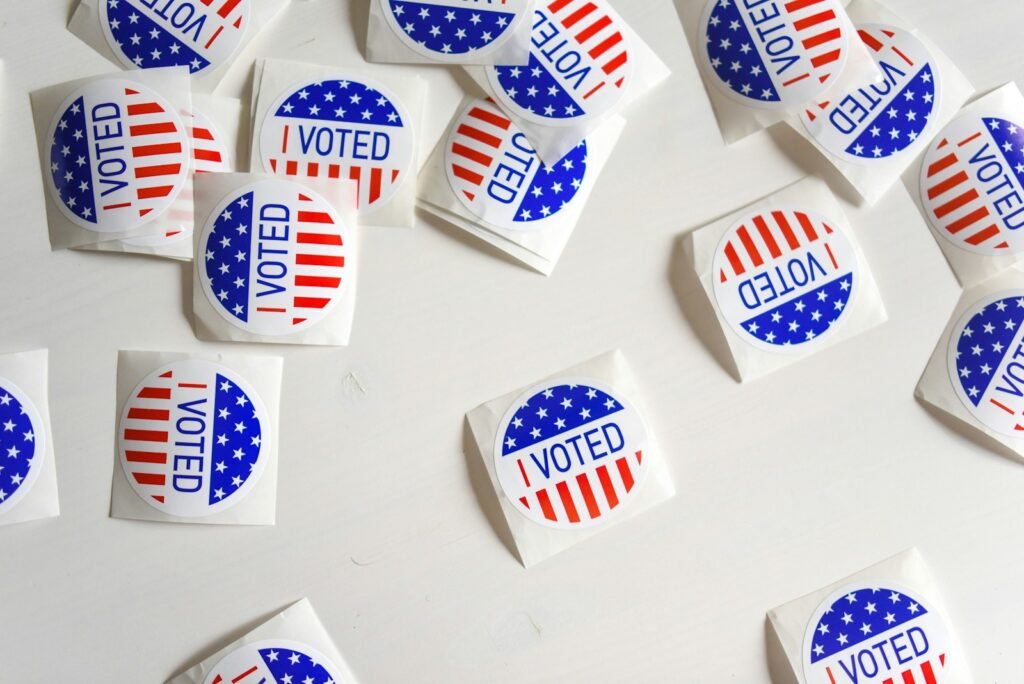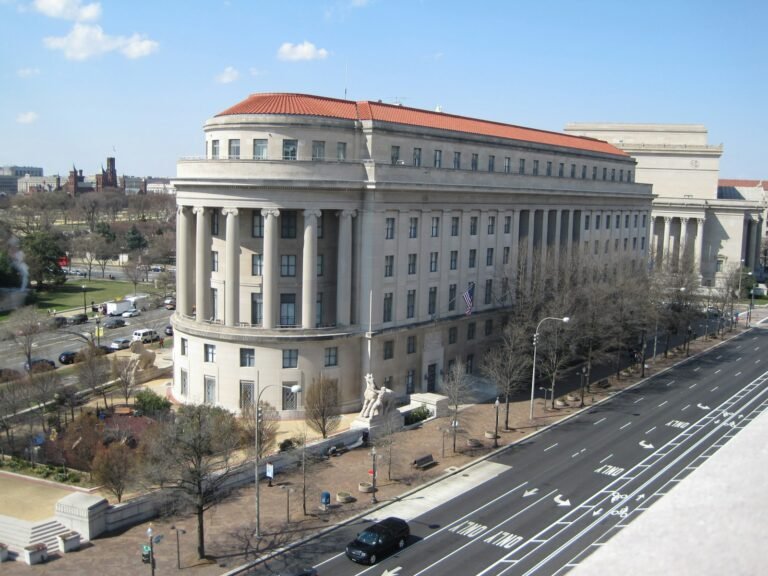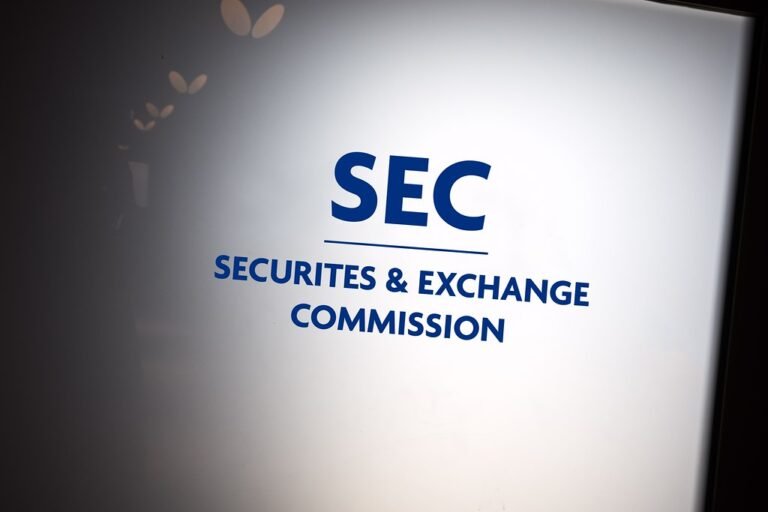
A powerful coalition of more than 20 state attorneys general secured a major legal win on Friday, successfully blocking President Donald Trump’s controversial Executive Order No. 14248, which aimed to impose sweeping federal mandates on how states count ballots.
A federal court granted a preliminary injunction, halting implementation of what critics called an unconstitutional attempt to override state election procedures—procedures that have long been under the control of individual states.
“With parts of his elections executive order, President Trump once again claimed power that the president does not have,” said Wisconsin Attorney General Josh Kaul, who led the multi-state lawsuit. “The president shouldn’t be trying to change how elections are run by executive order.”
“Our elections are run by Michiganders, for Michigan voters, and are not dictated by a president with no regard for our laws or the Constitution. I am pleased the Court agreed that Donald Trump’s executive order would have unlawfully disrupted elections in our state and unilaterally undermined the democratic process for millions of voters. I remain committed to protecting the rights of our residents and defending Michigan’s election laws against attempts to erode them,” says Michigan Attorney General Dana Nessel.
“President Trump’s executive order federalizing the administration of elections and overriding states’ rights was an unconstitutional overreach and today a court agreed,” said Arizona Attorney General Kris Mayes. “States—not the federal government—run elections. We will continue to fight any attempt to interfere with state election authority.”
“This ruling blocks President Trump’s unlawful Executive Order that would silence the voices of
millions of Maryland voters, leaving them powerless to participate in our democracy. As this
case continues, our Office will keep defending the right of every single Maryland voter to have a
say in how their government operates and who should represent them, the cornerstone of our
democracy. We will not let the president hijack our elections,” says Attorney General Anthony G. Brown.
The blocked order would have forced states to adopt federally dictated timelines and verification methods for ballot counting, disrupting existing state laws and potentially delaying election results. Legal experts warned that such mandates would have sown confusion and undermined public trust ahead of the 2026 midterm elections.
The coalition challenging the order included attorneys general from Maryland, Delaware, California, Colorado, Arizona, Connecticut, Hawaii, Illinois, Maine, Massachusetts, Michigan, Minnesota, Nevada, New Jersey, New Mexico, New York, North Carolina, Oregon, Rhode Island, Vermont, Washington, as well as the District of Columbia, Kentucky, and Pennsylvania.
“Nothing is more fundamental to the perseverance of our democracy than the right to vote. Today’s decision by the court acknowledges that Congress and individual states – not the president – has the authority to oversee the elections process,” says Illinois Attorney General Kwame Raoul.
“While serving in the state senate, I led the effort to pass the Illinois Voting Rights Act as well as a constitutional amendment enshrining the right to vote in our Constitution. These actions have ensured Illinois has some of the strongest election laws in the country, guaranteeing access to the ballot box, encouraging participation and guarding against fraud. Since that time, the General Assembly has used its discretion to expand on our work, enacting laws that maximize voter access and participation – not limit it. The president’s illegal executive order would do just the opposite and would lead to the disenfranchisement of legitimate voters.”
“Free and fair elections are the foundation of this nation, and no president has the power to steal that right from the American people,” said New York Attorney General James. “Today’s win ensures that eligible New Yorkers will be able to register and vote without fear of disenfranchisement. My office will continue to stand up to any and all threats to our democracy, including this unconstitutional executive order.”
“The people behind these fake advertisements know what they are doing is illegal, that’s why they use celebrities and famous companies to try to trick people into working with them,” Pennsylvania Attorney General Sunday said. “These ‘pump-and-dump’ scams are outright illegal investment fraud. Meta should take responsibility for predatory advertising on their platform.”
Critics of Executive Order No. 14248 saw it as part of a broader effort to centralize election control in the executive branch—a move many feared could pave the way for political interference in the electoral process.
The preliminary injunction means that, at least for now, states can continue to run elections according to their own laws and procedures, free from federally imposed changes. The ruling is expected to be appealed, potentially setting the stage for a major constitutional showdown over federal authority in state-run elections.
What’s Next?
Legal observers say the injunction sends a strong message: election laws must follow the Constitution, not presidential decree. With the 2026 elections on the horizon, the case is likely to become a flash-point in the national conversation about voting rights, state sovereignty, and election integrity.
If you believe your voting rights may be affected or want to learn more about your state’s election procedures, visit your state election board’s website or contact your local attorney general’s office.


